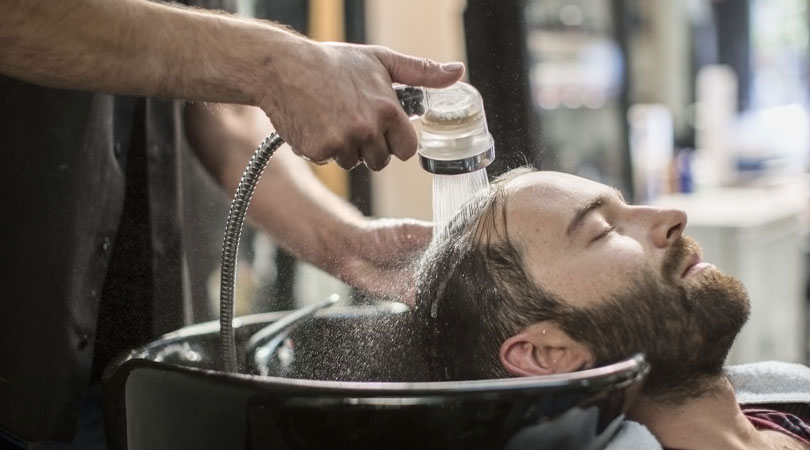
Hard water is a common problem in many households, often leading to concerns about its effects on hair health. While hard water itself does not directly cause permanent hair loss, the high mineral content can contribute to hair weakening, breakage, and thinning over time. Understanding how hard water interacts with your hair is essential to minimizing damage and maintaining healthy strands.
How Hard Water Impacts Hair and Scalp Health
Hard water contains high levels of minerals such as calcium and magnesium. When these minerals accumulate on the scalp and hair, they create a layer of residue that can disrupt the natural balance of your scalp. This build-up clogs hair follicles, leading to irritation, dandruff, and even reduced hair growth. Over time, the hair becomes dry, brittle, and prone to breakage.
The minerals in hard water also strip away the natural oils from the hair shaft. This leaves the hair unprotected and more susceptible to environmental damage. Individuals with curly or chemically treated hair often experience worse effects, as their hair tends to absorb minerals more easily, leading to excessive dryness and dullness.
Does Hard Water Lead to Hair Loss Over Time?
While hard water doesn’t directly damage hair follicles or cause permanent hair loss, it can contribute to hair thinning in the long run. The constant exposure to mineral deposits weakens the hair structure, causing strands to break easily. Additionally, the clogged follicles caused by scalp build-up reduce the ability of new hair to grow, creating the appearance of hair loss.
It’s important to note that individuals with sensitive scalps or existing dermatological issues may experience exacerbated symptoms when exposed to hard water. This can make hair care routines more challenging and lead to chronic hair problems if not addressed.
Common Signs of Hard Water Damage on Hair
If your hair is exposed to hard water, you may notice the following signs:
- Persistent dandruff or an itchy scalp due to mineral build-up.
- Hair feeling coarse, dry, and difficult to manage.
- Increased breakage and split ends.
- Hair appearing dull and lacking shine, even after conditioning treatments.
Recognizing these signs early can help you take corrective measures to protect your hair from further damage.
Effective Solutions to Combat Hard Water Effects
Protecting your hair from the negative effects of hard water requires a combination of preventative measures and specialized products. Here are some of the most effective strategies:
- Install a Water Softener
A water softener reduces the mineral content in your water, making it gentler on your hair and scalp. This is a long-term solution for homes in areas with very hard water. - Use Chelating Shampoos
Chelating shampoos are designed to remove mineral deposits from your hair and scalp. Incorporate these into your weekly hair care routine to prevent build-up. - Rinse with Demineralized Water
Instead of using tap water, rinse your hair with bottled or demineralized water to minimize mineral exposure. - Moisturize with Deep Conditioners
Regular use of deep conditioning treatments helps restore moisture to your hair, counteracting the drying effects of hard water.
By adopting these solutions, you can effectively minimize the damage caused by hard water and maintain healthy, strong hair.
Final Thoughts: Addressing Hard Water for Healthy Hair
Hard water may not directly cause hair loss, but its long-term impact on hair and scalp health can lead to noticeable thinning and breakage. Understanding the signs of hard water damage and taking proactive measures to protect your hair are essential for maintaining its vitality. From using water softeners to incorporating chelating shampoos into your routine, small adjustments can make a big difference.
 Nederland
Nederland Français
Français Español
Español Deutsch
Deutsch Italiano
Italiano Türkçe
Türkçe
